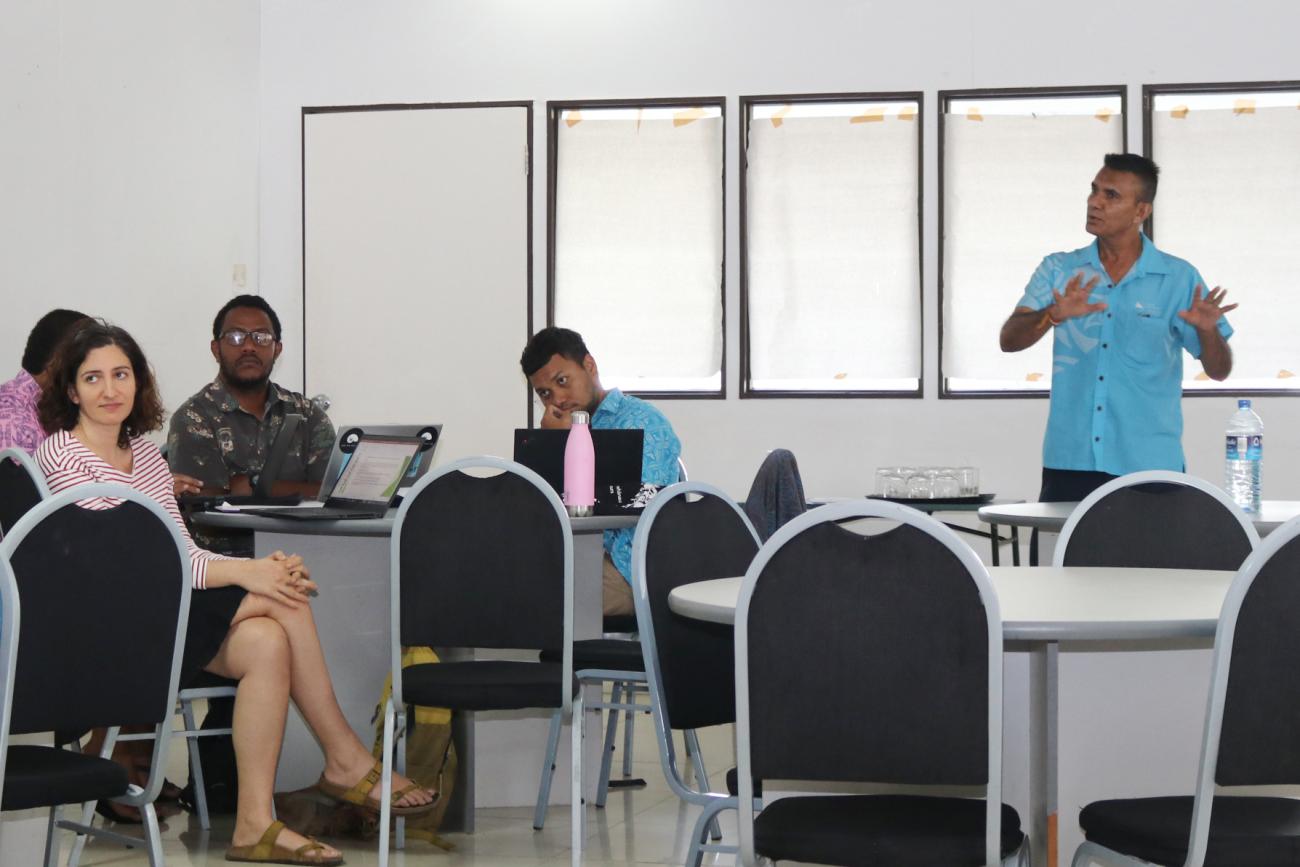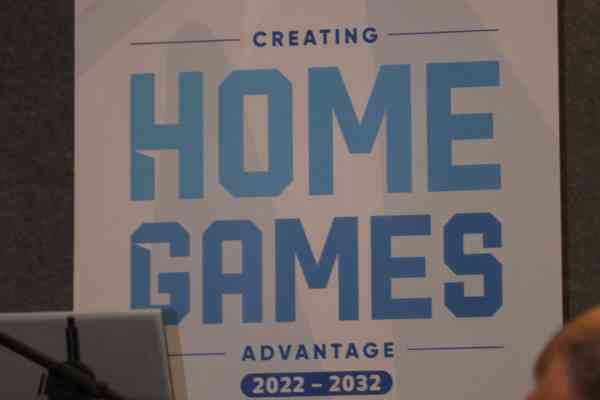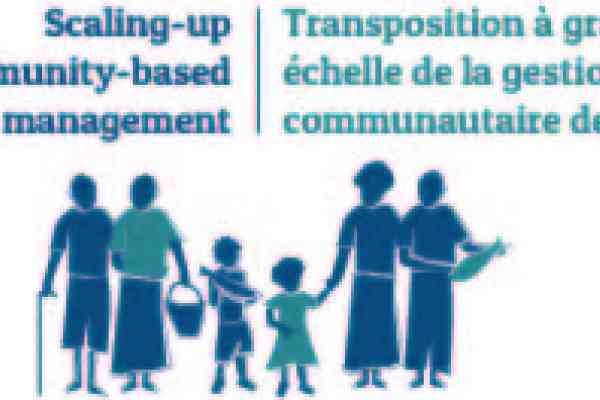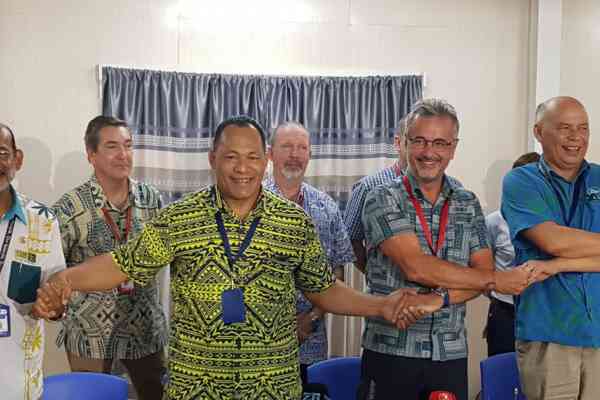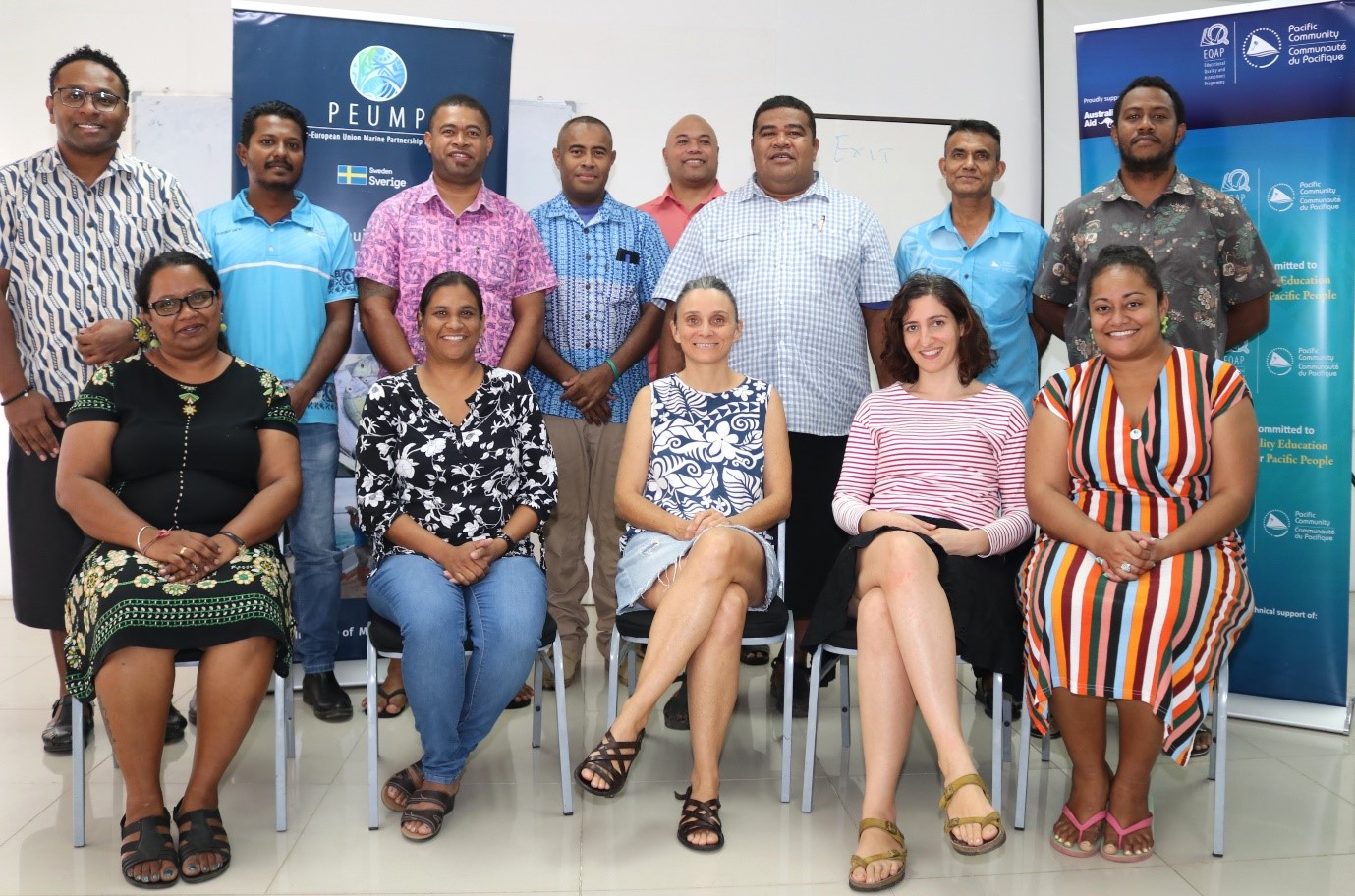
(contenu disponible en anglais uniquement)
The first regional micro-qualifications focussing on community-based fisheries management (CBFM) tools and value chain analysis are being developed to give farmers, fishers, and trainers in these industries an accredited learning pathway. CBFM is premised on the understanding that each community is responsible for its respective marine environment, enabling communities to assume the lead role in managing fisheries and adjacent coastal areas.
The CBFM and value chain analysis micro-qualifications add to the growing list of accredited short courses being developed with the guidance of the Pacific Community’s (SPC) Educational Quality and Assessment Programme. This capacity-building work is led by the University of the South Pacific’s component of the Pacific-European Union Marine Partnership (PEUMP) Programme. SPC is also a key partner of the PEUMP programme and prioritises developing the capacity of key stakeholders in the sustainable management of marine resources and the environment.
USP-PEUMP Professional Development Coordinator, Apenisa Tamani, explained that the micro-qualifications would be of immense benefit to farmers, fishers, and trainers in these industries because it would give them the necessary skill sets for their work, as well as a recognised qualification. A training and gap analysis research conducted by USP-PEUMP across the region’s fisheries industry identified the need for accredited learning opportunities in these areas.
“Countries wanted a pathway to allow their trainers to be certified in the work they do,” said Tamani.
“The concept of getting a short course developed and accredited as a micro-qualification is an exciting, value-adding and highly sought-after development in the higher education sector,” said Prasad. “There is a huge demand for it from industry organisations as it effectively responds to the skills needed, in a shorter span of time. For learners, the benefits are two-fold: through the micro-qualifications, participants acquire new skills, as well as get recognised awards that contribute to the enhancement of their qualifications.”
Salote Waqairatu, an agri-business research scientist with the Pacific Agribusiness Research in Development Initiative (Phase 2), said this development for practitioners and trainers in the fisheries and agriculture industries would benefit the learners as well as raise industry standards.
“It’s the first time for a micro-qualification in value chain analysis and I am excited to see how it will be implemented, particularly for the work that we do with farmer organisations,” she said. “I think this is going to be great for any farmer organisation to have the value chain analysis (skills). This is a forward step for any agriculture and fisheries industry”, Waqairatu explained.
Laisiasa Cavakiqali, a tilapia fish farmer who is also a member of the IPAC, is hopeful the micro-qualifications will help farmers to boost their production.
“We have been farming tilapia for more than 40 years, but we have not gone to the level that it should be on, and so we feel that these micro-qualifications will help us in our efforts”, he said.
Cavakiqali explained that about 80 per cent of the estimated 400 tilapia farmers in Fiji were dormant because of the challenges they found in assessing the market needs and understanding how to add value to their produce. He added that based on the IPAC’s initial discussions during the workshop on the specific skill sets the micro-qualifications should cover, he is convinced the short courses being developed will prove to be extremely useful for farmers who want to scale their businesses.
The two micro-qualifications are at the developmental stage. Once complete, an industry stakeholder meeting will be convened to seek the formal endorsement of these micro-qualifications. Subsequently, the micro-qualifications will be accredited regionally by the Pacific Board for Educational Quality (PBEQ) and will be available for delivery by accredited training providers in the near future.
